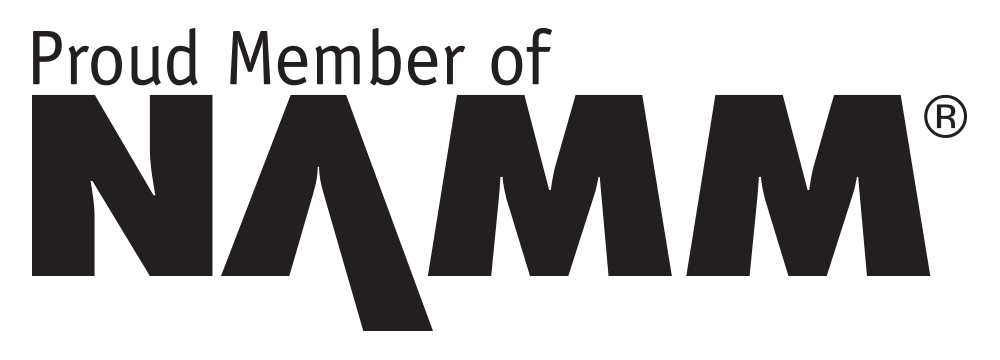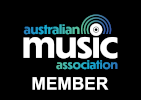 />
/>
In my experience, almost every beginning student wants to play faster and louder… NOW! No matter how hard you try, however, it doesn’t really happen that way and you need to have an efficient, regular practice routine that will get you there more quickly… just not overnight! Walk first, then run!
Something I tell my students is that TONE is far more important than how fast you can play a piece or what is the highest note you can reach. Not that speed and range aren’t important (eventually!) but they will come with time, experience and yes, patience. In the meantime, here are some tips that I have found useful to make your practice sessions more efficient and (hopefully) more fun!
1. Relax! No Pressure or Squeezing … Please!
Learning not to squeeze your hands and fingers can take a while, but it is very important for developing your tone and technique. Learning to relax your hands and fingers (and not use too much pressure on your lips) will lead to better playing and quicker progress. Standing up and consciously relaxing and shaking out your hands, arms and fingers before you start - and then remembering not to “squeeze” - will help your endurance and tone enormously.
For brass instruments it can be especially hard not to use a lot of pressure when you are trying to “squeeze” out high notes, and even though squeezing or using pressure so you don’t miss a high note might be OK during a performance or concert, you should discipline yourself NOT to do that during practice.
2. Make Sure Your Instrument Comes to You
While standing in a relaxed, comfortable, upright position, bring your instrument to you, NOT the other way around. You should not be stretching, arching or twisting your neck or body to reach your instrument, so adjust your hand and arm position accordingly. This will help you develop a nice relaxed posture, free of tension, while you are playing and make for the best possible airflow.
3. When You Sit Down … “Sit Down Standing Up”
Standing up to do your practice will give you the best possible airflow, however most of your playing will be sitting down. When you are sitting down, make sure you “sit down like you’re standing up” which I suppose is just a fancy way of saying “don’t slouch!” or lie back in your chair.Using a dining chair not a sofa or lounge chair is best so you can make sure you are sitting up with a straight back, then you will be able to breathe properly.
4. Don’t Put Your Music on a Table or On Your Bed! Use a Music Stand
Using a music stand helps you practice with good posture. You should never practice with your music books flat on a desk or table (or worse, lying on your bed!). If you haven’t got a music stand … get one. Fast!
5. Start Each Practice Session doing Lots of Long, Low Notes
Holding very long (low) notes for as long as possible (without going red in the face!) is an excellent way of building up endurance and developing a good tone. It will also greatly strengthen your embouchure and diaphragm. To make it easier you can also incorporate learning new scales into this part of your practice.
You can also include “loud, soft, loud” (ff>pp<ff) as well as some soft, loud, soft (pp<ff>pp) elements to this that will further enhance your breath and diaphragm control.
6. A Little Bit of Practice Every Day
Doing even 15 or 20 minutes every day, or even 4 or 5 times a week, is much better than doing one really long 2 or 3 hour session once a week… you can’t cram your practice! Also, you should also stop practicing if your lips get too swollen or sore. Give them some time to recover and then start again. A little practice more often is a good rule to follow.
7. Practice the Hard Bits at Half Speed… and Slowly Increase
Trying to play pieces too fast will just reinforce all the mistakes you make, so don’t try to play difficult or very fast passages too quickly too soon. Slow them down to no more than half speed (using a metronome is best) and then slowly increase the tempo bit by bit. You’ll be surprised how quickly your brain works it out!
8. Use a Metronome!
Speeding up and slowing down without noticing is very common when you are learning. For example, students almost always rush through fast pieces, so setting a metronome to the speed you want to play at is very useful, especially for practising your exercises.
9. Use a Tuner to Practice Intervals, Scales and Arpeggios
Did you know your ear needs to be trained to hear accurately in tune? Electronic tuners are very cheap, and are an extremely useful tool for training your ear. A great way to use them is to practice very slow scales and watch each note on the tuner’s dial to make sure you are not wavering in pitch. Tuners are especially useful for practising alternate positions or fingerings as well as playing octaves and arpeggios.
10. Don’t Just “Play More” … Mix It Up!
Just “playing more music” is never the best way to practice. Not that I am a golfer, but I used to tell my students “You don’t become a better golfer by just playing more golf”.The best players spend time on every specific element of their game:putting, driving, chip shots, etc. and then they put all the elements together to make their whole game better. It’s the same with music – practice intervals, practice tonguing, scales, dynamics … then they will all help you be become a better player.
11. Keep Your Instrument Clean … and if it Smells, that’s BAD!
Remember to clean your instrument regularly and you will produce a better tone and your instrument will blow more freely. Clarinets, flutes and saxophones should be cleaned with a “pull through” every time you use them to ensure they are dry before they are put back their case. Brass instruments should be pulled apart & cleaned properly with a warm detergent and disinfectant solution using flexible brushes to clean every valve and tube at least once every few months. Concept Music can show you to do this.
12. Listen! Record Yourself and Listen Back or Even Play Duets … with Yourself
It might sound odd but learning to listen to yourself while you are playing is actually quite hard, but by recording some of your practice session or pieces of music and then listening back you will very quickly hear any mistakes you are making. A fun way to practice is to also record one part of a duet and then play the 2nd part along with it … sometimes you will be surprised how bad (or good!) the “other” player is!
13. Increasing Your Range
An effective practice routine that will help increase your range is to start playing a very slow scale (holding each note for say 4 or 5 seconds) and then slowly play up a chromatic scale using no pressure until you start to “miss” or fall off the note … stop immediately, go back and start again from about an octave below. Over time this will make a big difference and will train you not to squeeze or use too much pressure.
14. Finish Your Practice Sessions With A Favourite Piece of Music
Playing music should be fun! Rather than starting with a favourite piece of music you really like playing, why not leave it till the very end as a reward for all your hard work!
So there you have my 14 top tips for practising! There’s probably many more and your teacher will also have plenty of advice and tips of their own. Perhaps my final bit of advice would be to give yourself time. As the old saying goes “It Won’t Happen Overnight, but it Will Happen… Slowly!”. Remember, no matter how hard or how much you practice, your body and brain will take time to train and learn new things, however by using smart practice techniques like those above and not trying to rush things you WILL improve. Be consistent… and be patient.


 />
/>
 />
/>
 />
/>
 />
/>





